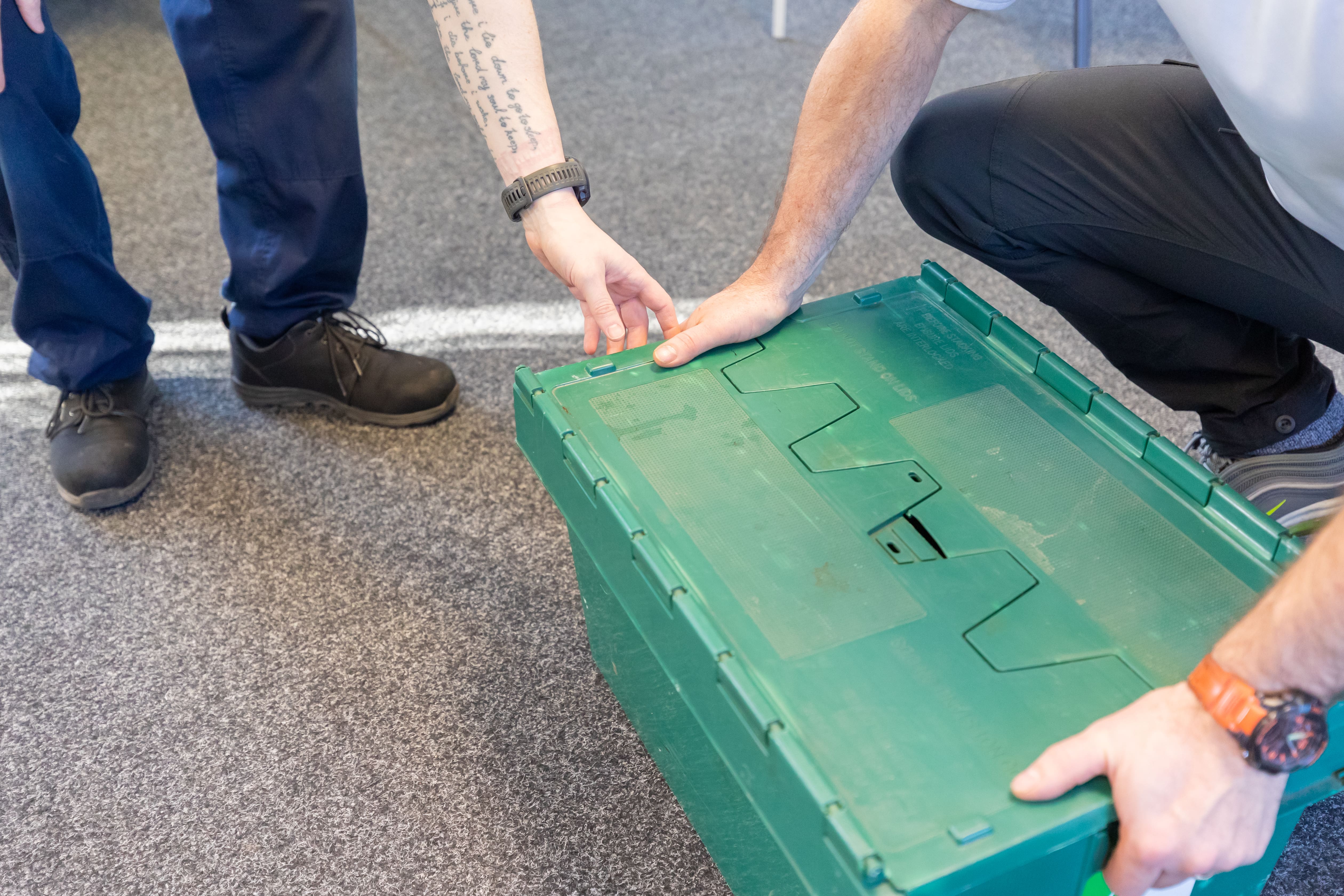Safety has always been a top priority in the construction industry. However, an aspect of worker well-being that often flies under the radar is the impact of manual handling on long-term health.
In this blog post, we will delve into the significance of using correct manual handling techniques in the construction industry. We'll also analyse data from the Health and Safety Executive's (HSE) latest health inspection initiative, supported by the 'Work Right Construction: Your health. Your future' campaign.
Understanding Manual Handling Risks
Manual handling in construction involves lifting, carrying, and moving heavy materials – a common and essential task. However, the associated risks cannot be underestimated. HSE inspectors have stressed the importance of the following steps for both employers and workers:
1. Knowing the Risks: The first step in prevention is being aware of potential hazards associated with manual handling.
2. Risk Reduction through Planning: Employers should design workflows to minimise manual handling or replace heavy materials with more manageable alternatives.
3. Implementing Sensible Control Measures: When elimination or substitution isn't feasible, it's crucial to use proper control measures to protect workers from musculoskeletal disorders (MSDs). These include aches, pain, and discomfort in joints, muscles, and bones.
Alarming MSD Statistics in Construction
According to the latest HSE data, a staggering 42,000 construction workers suffered work-related MSDs in the most recent reporting period. These disorders can have severe consequences:
- Impact on Performance: MSDs can hinder a worker's efficiency, affecting productivity on construction sites.
- Quality of Life: Workers enduring long-term pain and discomfort often experience a diminished quality of life outside work.
- Sustainability of Employment: In some cases, MSDs may even jeopardise a worker's ability to continue working and earning a living.
Legal Responsibility
Employers hold a legal responsibility to manage the risks of ill health among their workers. Just as safety measures are non-negotiable, the same standard applies to safeguarding employees' health.
Taking Action
Workers should not accept aches, pains, and strains as an inevitable part of their construction job. They must engage with their employers about the risks associated with manual handling and the measures in place to protect their health.
MRS Training and Rescue's Solution
At MRS Training and Rescue, we recognise the need to address these concerns. We offer a half-day manual handling course tailored for individuals whose job roles involve the lifting and moving of loads, either manually or with lifting equipment.
Our course focuses on instilling positive manual handling behaviours through practical, hands-on training. This ensures that correct techniques are not only understood but also effectively demonstrated.
We can also create bespoke training for your particular industry if required.

The Benefits of Our Course
Participating in our course can have a profound impact on both workers and organisations. Companies can significantly reduce injury rates by implementing proper manual handling techniques. In turn, this leads to substantial cost savings, as workplace injuries can be financially burdensome.
Conclusion
While there are certainly more deadly construction industry risks, we must not overlook the long-term health implications of manual handling. The HSE's 'Work Right Construction: Your health. Your future' campaign serves as a stark reminder of the importance of addressing these issues.
By understanding the risks, planning effectively, and implementing sensible control measures, we can safeguard the well-being of construction workers.
MRS Training and Rescue's half-day manual handling course offers a practical solution to reduce injuries and protect the health of those in the construction industry — It's time to act for a safer and healthier future for all workers.




